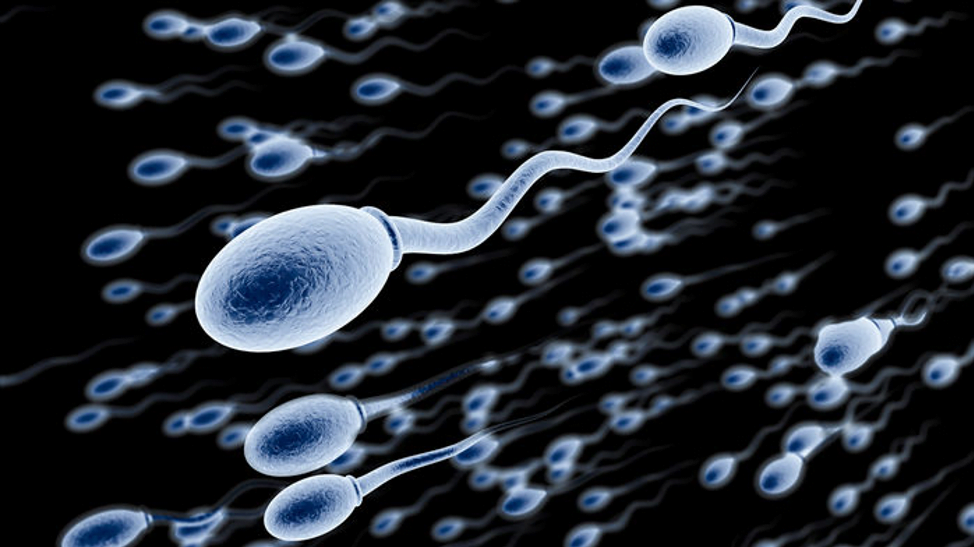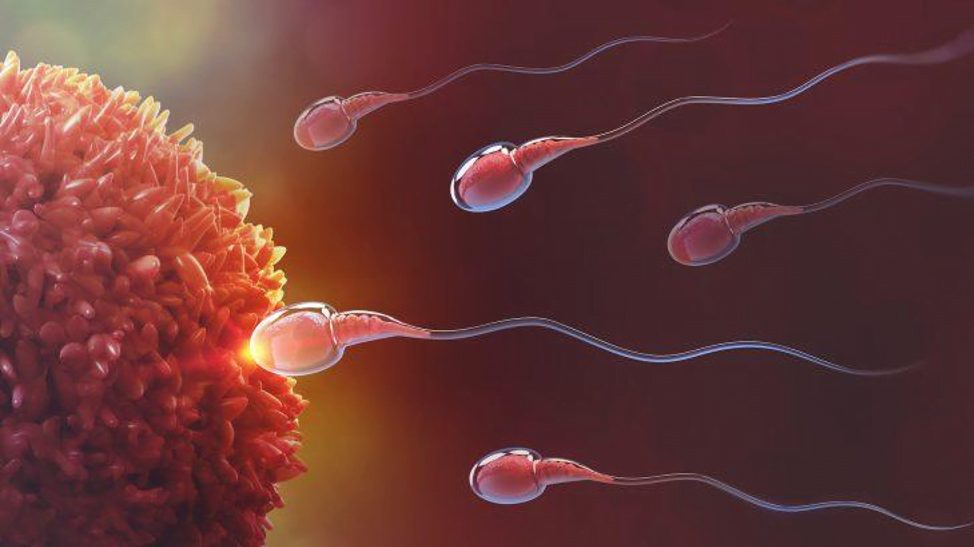As soon as you plan to get pregnant, it’s pretty normal that you want to know as much as you can about the whole process – conception through to delivery. While you’re browsing through the internet, you come across the term folate or folic acid quite often and the more you read about it, the more you realise that folate affects fertility. Eventually, you bump into the word MTHFR or maybe it’s your first blog that you’re reading about MTHFR and fertility. Read on to understand how MTHFR may be affecting your fertility. Let’s discuss everything one step at a time.
What is MTHFR?
MTHFR is the acronym for 5-methyl tetrahydrofolate reductase, an enzyme which takes care of folate metabolism in your body and is guided by the gene MTHFR. This gene regulates the production, release, and functioning of the MTHFR enzyme. All of this can get disturbed when you have a polymorphic or mutated MTHFR gene. The presence of such polymorphisms is largely due to its acquisition from parents. In fact, research shows that if you carry one copy (from one parent) of the gene variant, the enzyme activity is reduced by 35% and if you carry both copies (one from each parent), it goes further down to 70%.
It can be present in your or your partner’s gene. So, when this gene is polymorphic, it directly affects folate metabolism by disrupting the methylation cycle. Here, homocysteine, an amino acid, does not get converted back to methionine, leading to non-production of folate, which is again an important factor for maintaining fertility. 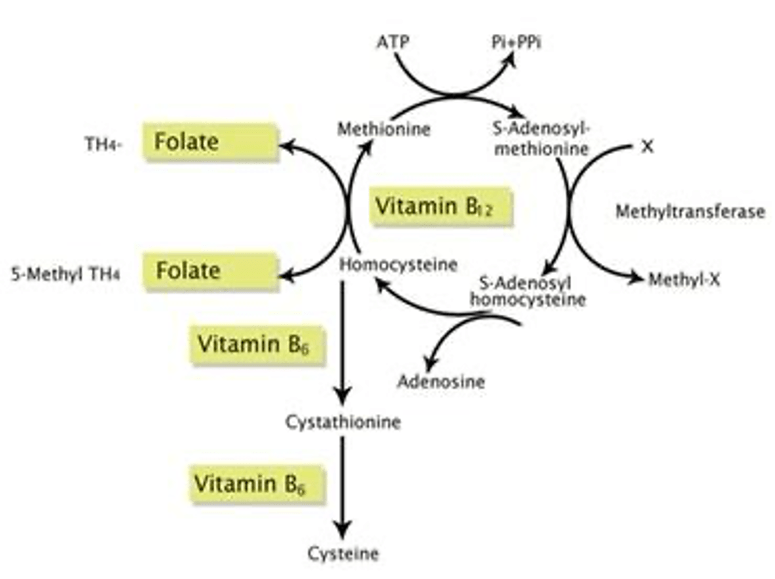
Source
Since homocysteine doesn’t get converted back to methionine, its levels rise in the body and different body tissues including those in the reproductive system. Let’s see what exactly happens to this system in men and women.
About 50% of the couples who are diagnosed with infertility have underlying male factors making it difficult for them to get pregnant. Also, among men with infertility, about 15-30% have issues due to genetic abnormalities. In fact, MTHFR has higher activity in the testicles as compared to other bodily organs in men.1 There are multiple ways in which MTHFR affects your fertility. Read on to know more.
Reduced sperm count or concentration
There exists sufficient evidence that shows a strong association between sperm production and MTHFR polymorphism.2 In the presence of a gene variant, the process of sperm production gets affected when homocysteine levels are higher than they should be. The requirement of folate in sperm production is not fulfilled and is even lower when you carry both copies of the gene variant. As a result, the number of sperm produced in the testicles is either low or absent, leading to infertility.2,3
Low-quality sperm production
Besides causing reduced sperm production, MTHFR polymorphisms may also be associated with the quality of sperm produced. Normal sperm should have good quality in terms of speed, fertilisation capacity, and ability to survive a hostile environment in the uterus for successful fertilisation.
When the MTHFR gene variant is present, the quality of sperm produced is low. Research shows that low folate levels compromises sperm motility or speed, and thus affects their capacity to reach the egg for fertilisation. This implies that the presence of this gene variant may clearly hamper your fertility by compromising sperm quality.4
Folate is necessary for DNA synthesis, repair and maintenance. But when it is not produced in adequate quantity as it happens in the presence of an MTHFR polymorphism, it will definitely affect the quality and quantity of sperm DNA. First of all, the DNA produced will be faulty, and on top of that, your body will not be able to repair that damage. 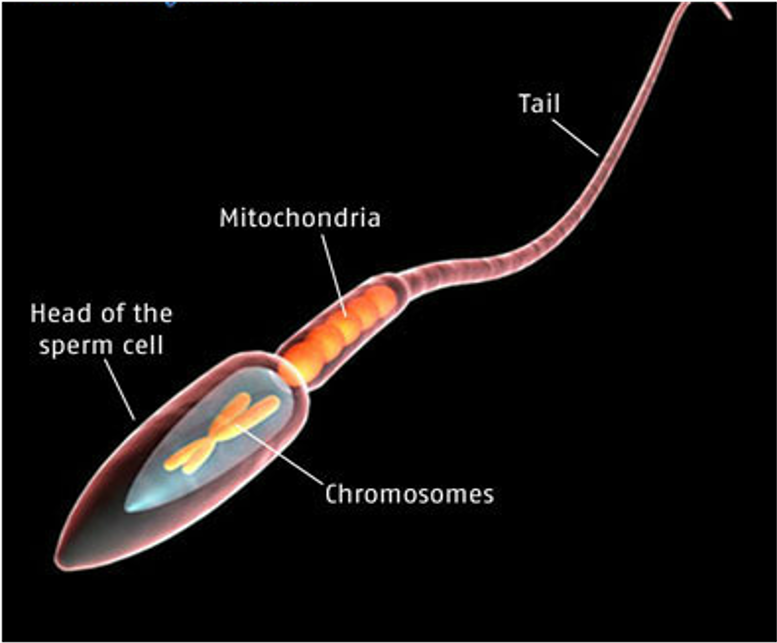
Such sperm are unlikely to survive before reaching the egg and die soon on their way, thus reducing your chances of conception. Even if they successfully fertilise the egg, the chances of spontaneous abortion of such eggs are very high.5,6
Folate has been proven to have fertility-boosting and pregnancy maintaining qualities. And obviously, if your body has been programmed in a way that its production is less, it is definitely going to affect both fertility and pregnancy.7 Let’s discuss how MTHFR polymorphisms play a role in infertility in women.
Production of eggs is a very delicate and nourishing process. They are basically cared for and protected during their development by groups of cells that surround them. These are known as follicular cells, which form a protective layer around each developing egg. These follicles not only provide adequate nutrition but also protect them from rupturing during maturation.
However, when homocysteine levels are high in these cells, it results in reduced follicular growth, cell death, and rupture of these follicles, hampering the whole egg development process and eventually increasing the risk of infertility.8
Just like it compromises sperm quality, MTHFR polymorphisms also impact egg quality. High homocysteine levels and impaired egg DNA synthesis results in the production of low-quality eggs that are not fit for fertilisation. These eggs most likely die on their way through the tubes before reaching the fertilisation spot.
Also, reduced folate levels alter the womb’s receptivity to the fertilised eggs. So, even though an egg manages to get fertilised, it gets rejected by the womb lining, hence preventing conception.9
Reduced ovarian reserve
Research studies have found that women who have a polymorphic MTHFR gene have a low ovarian egg reserve. To elaborate, the number of eggs is significantly lower in these women as compared to their healthy counterparts. As we have mentioned before, high homocysteine levels result in follicular rupture, this can also happen to those follicles where the egg development is in a very primitive stage and the germ cells have not matured yet.
Hence, such women have high levels of Anti-Mullerian Hormone (AMH), which affects follicular development, hence affecting the ovarian reserve. In fact, this can result in having menstrual cycles where no egg is released at all, thus reducing the chances of getting pregnant and pushing them towards infertility.10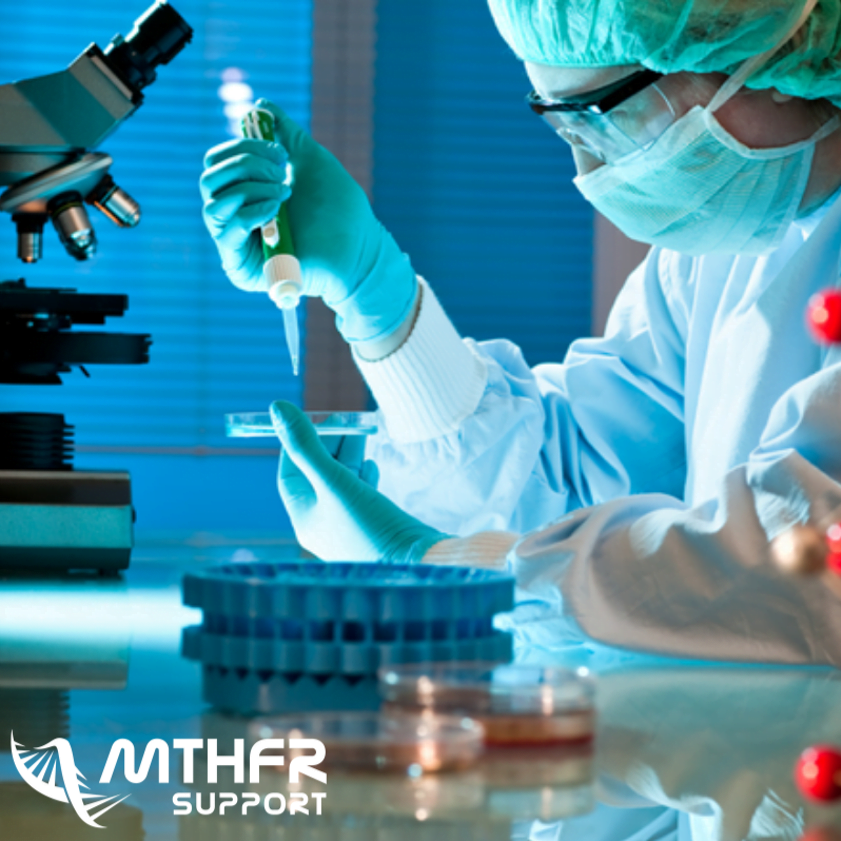
Besides reducing womb receptivity to fertilised eggs, the presence of high homocysteine levels affects other systems of the body as well. It has been shown that high homocysteine levels result in high blood pressure, eventually damaging the blood vessel walls and the formation of abnormal blood clots in response to that damage.
So, even if the egg gets fertilised and implanted, if such clots are formed in the placenta, they block the nutrient supply to the developing embryo, which unfortunately doesn’t survive. Due to this, you may also experience abnormal bleeding or blood clots outside of your normal period dates without knowing that implantation has failed.11
MTHFR polymorphism is an occult genetic abnormality. It doesn’t generally manifest as abrupt symptoms, and hence, it is very likely that it may go undiagnosed for years. However, if you’ve been trying to conceive for almost a year without using any contraceptive methods, it is better to get tested for the presence of a variant. Since it affects pregnancy too, it is always better to get tested for MTHFR before planning to get pregnant. To know more about it, you can take our 10-day course on MTHFR. Also, you can click here to see how to get tested in Australia and the United States. And if you know anyone who has been struggling to get pregnant, share this information with them and ask them to get tested for the MTHFR gene. Remember, this is exciting news because you can increase your folate and correct the issue. It will improve your chances of falling pregnant significantly.
- https://www.ncbi.nlm.nih.gov/pmc/articles/PMC4368707/
- http://www.jpgmonline.com/article.asp?issn=0022-3859;year=2010;volume=56;issue=4;spage=267;epage=269;aulast=Singh
- https://www.ncbi.nlm.nih.gov/pmc/articles/PMC5230789/
- https://www.ncbi.nlm.nih.gov/pmc/articles/PMC4614702/
- https://www.ncbi.nlm.nih.gov/pubmed/21085488
- https://www.ncbi.nlm.nih.gov/pmc/articles/PMC6707973/#!po=80.3571
- https://www.ncbi.nlm.nih.gov/pmc/articles/PMC4175124/
- https://www.fertstert.org/article/S0015-0282(06)04722-4/fulltext
- https://www.ncbi.nlm.nih.gov/pmc/articles/PMC2500045/
- https://www.clin-lab-publications.com/article/2467
- https://www.ncbi.nlm.nih.gov/pmc/articles/PMC6138472/


